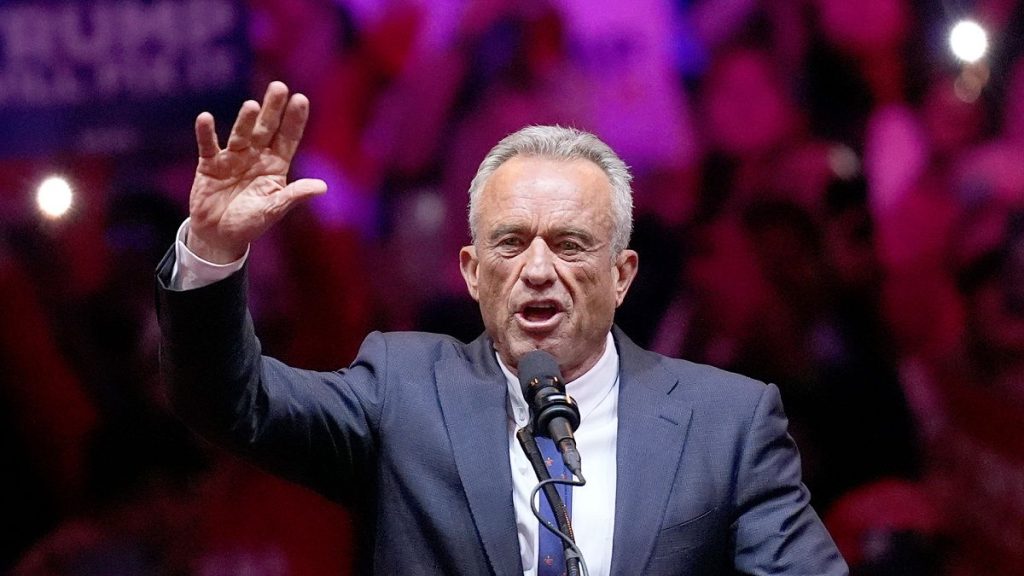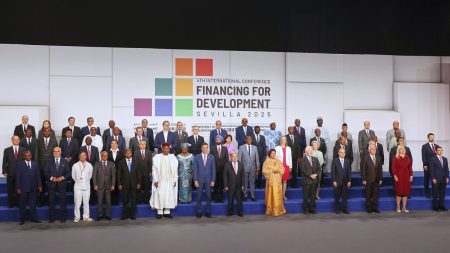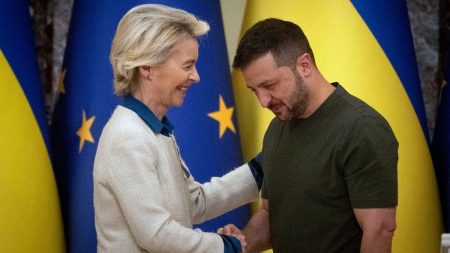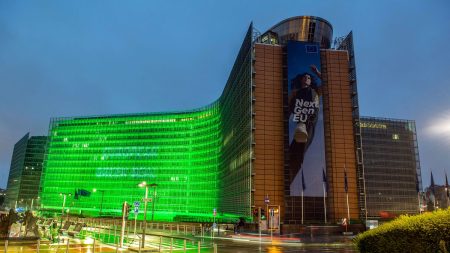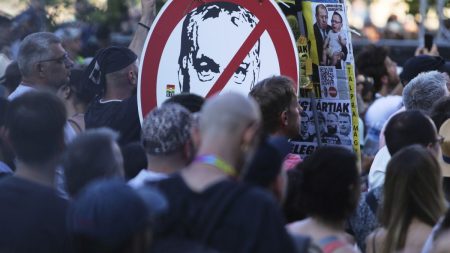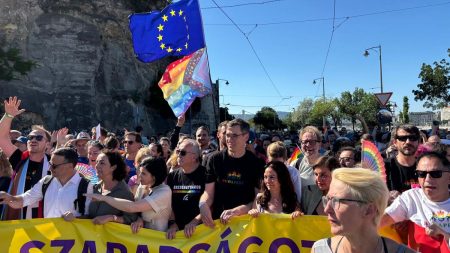Călin Georgescu, a far-right nationalist candidate in Romania’s presidential race, has generated considerable attention by announcing the potential visit of Robert F. Kennedy Jr. to Bucharest for a book launch. Georgescu revealed that he wrote the preamble for Kennedy’s latest book, The Real Anthony Fauci: Bill Gates, Big Pharma, and the Global War on Democracy and Public Health, and expressed that RFK Jr had long desired to promote this work in Romania. Supporters have speculated that Kennedy might arrive on December 5, highlighting Georgescu’s growing influence. The candidate’s controversial political stance, notably his denial of the war in Ukraine and claims of needing neutrality for Romania, has contributed to his image as an "anti-system candidate," despite his ties to political establishments within Romania.
Georgescu’s first-round electoral victory can be attributed to a significant protest vote, which was enhanced by a widespread TikTok campaign that raised suspicions of electoral interference from various stakeholders in Bucharest and Brussels. This has prompted Romanian authorities to urge the European Commission to investigate TikTok’s operations, particularly concerning the platform’s apparent violation of the EU’s Digital Services Act. Meanwhile, accusations of electoral fraud have led the Romanian Constitutional Court to request a recount of votes from the first election round, possibly prompting a repeat of the electoral process if the results change.
Robert F. Kennedy Jr., the nephew of former U.S. President John F. Kennedy and the son of assassinated Senator Robert F. Kennedy, has been notable for his anti-vaccine stance during the COVID-19 pandemic. His controversial public health views have coalesced around his expected appointment as Secretary of Health by Donald Trump if the former president wins the 2024 election. The attention surrounding Kennedy Jr. and Georgescu intertwines their public personas, with Georgescu’s political capital rising alongside Kennedy’s notoriety in electoral politics.
While portraying himself as an "anti-system" candidate, Georgescu has a complicated history with Romania’s political elite that undermines this narrative. His background is deeply connected to the establishment, having been mentored by a prominent figure from the communist era, Mircea Malița. Throughout his career, he has maintained connections with influential figures in Romania’s post-communist landscape, reinforcing his position within the system he claims to oppose. Despite presenting himself as a challenger to traditional politics, his past reveals a reliance on established networks and personal connections that have shaped his public service.
Georgescu’s statements have often sparked controversy, particularly his comments praising Russian President Vladimir Putin, which have drawn the ire of political opponents. In the 2018 interview, he referred to Putin as a leader who loves his country, signaling a favorable view that aligns with his anti-Western sentiment. While he attempted to build a political alliance with far-right elements in Romania, tensions arose when his praises for historical figures linked to anti-Semitism emerged, leading to a withdrawal of support from potential allies. His association with these figures has further complicated his public messaging and raised ethical questions about his political stance.
In terms of policy and governance, Georgescu has failed to articulate a clear vision for his presidency, often resorting to radical assertions and conspiracy theories to appeal to his base. His skepticism about the moon landing and gender politics—claiming that a woman could never be president—reveals a tendency towards extreme rhetoric. Despite the intrigue surrounding his campaign, there remains uncertainty about how his administration would function, should he win the presidency. His rhetoric continues to attract a niche following, yet the inconsistencies in his narrative suggest that many Romanian voters may require more comprehensive plans for governance beyond the sensationalism of his statements and the influence of figures like Robert F. Kennedy Jr.




